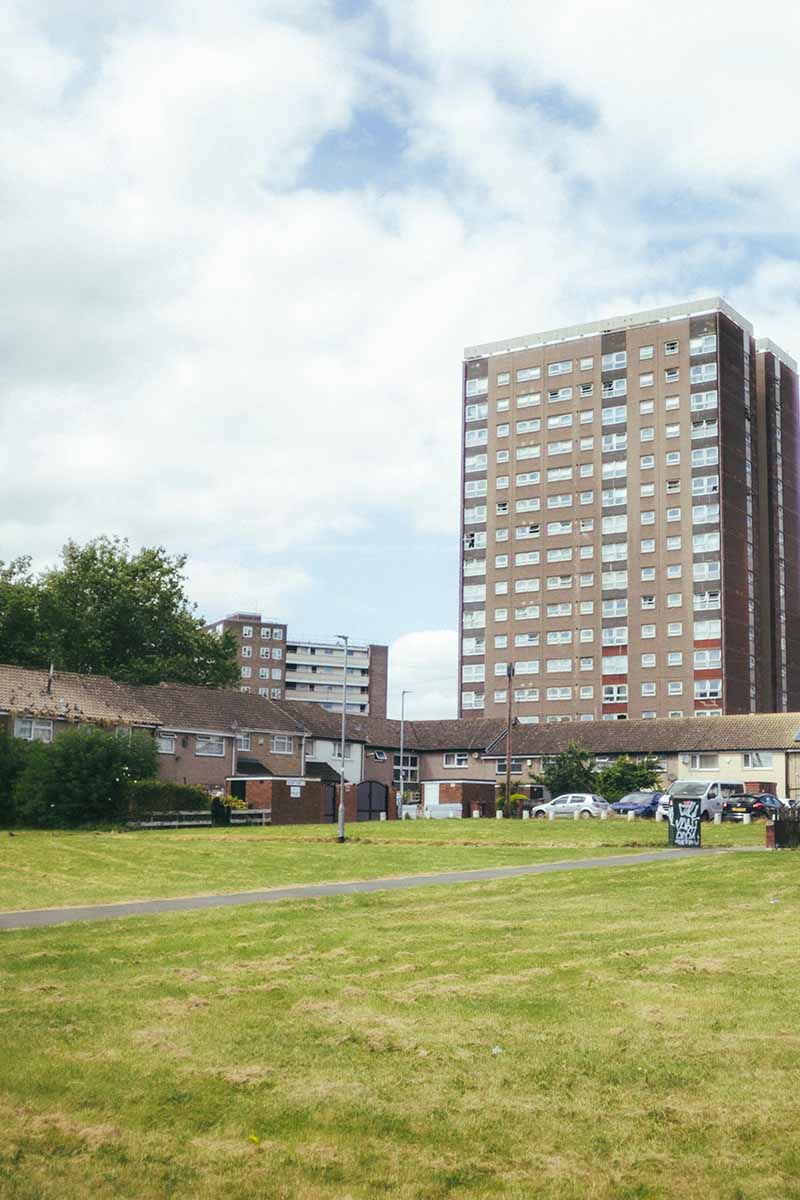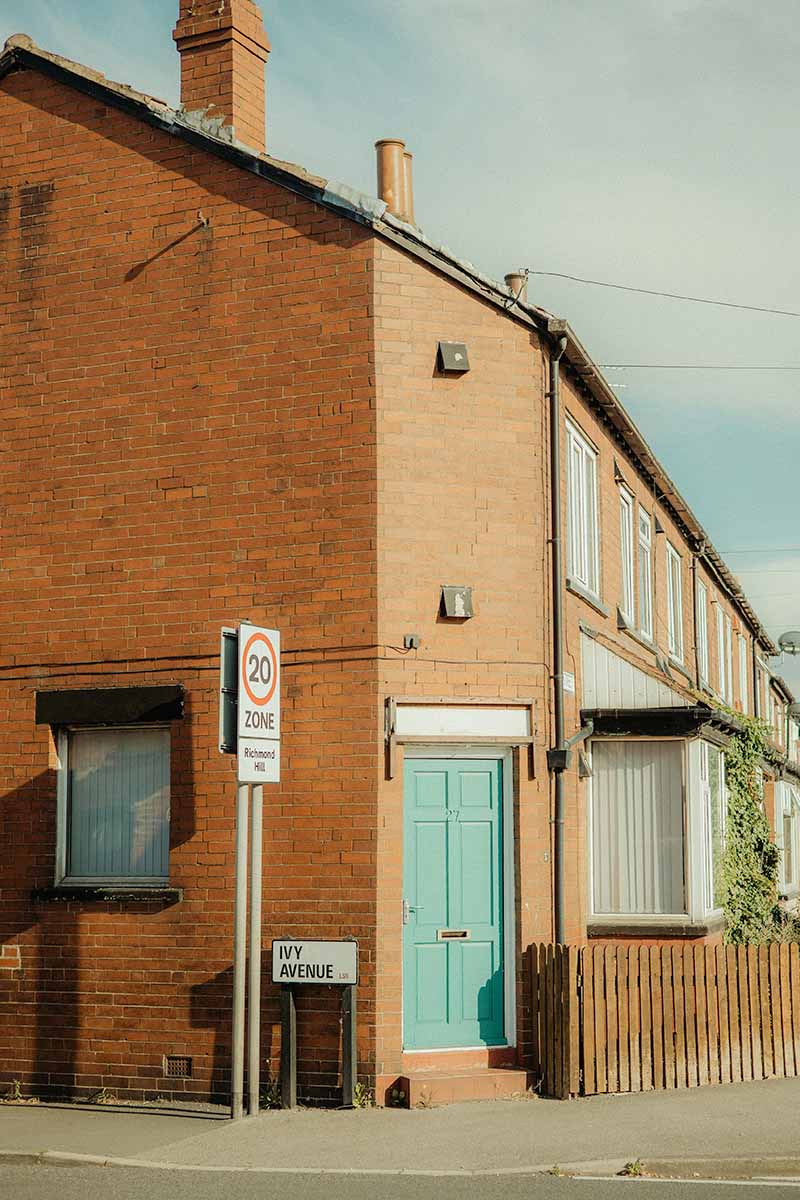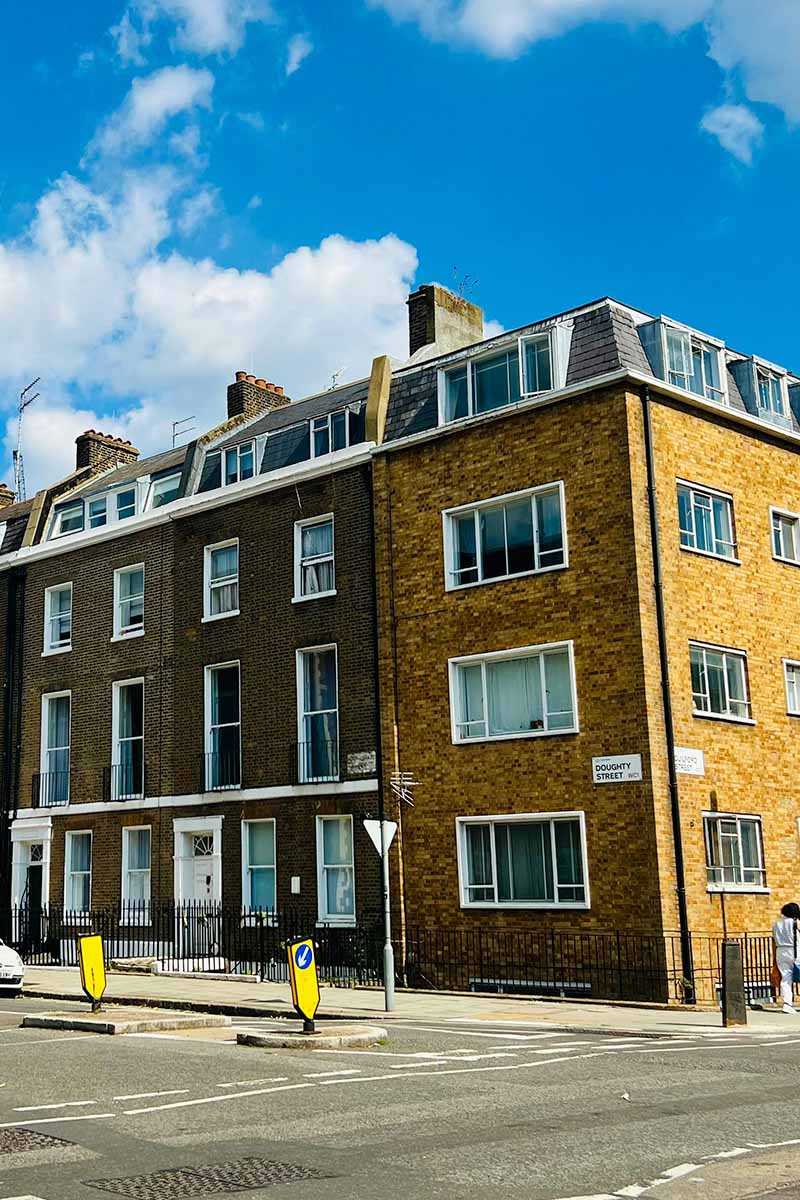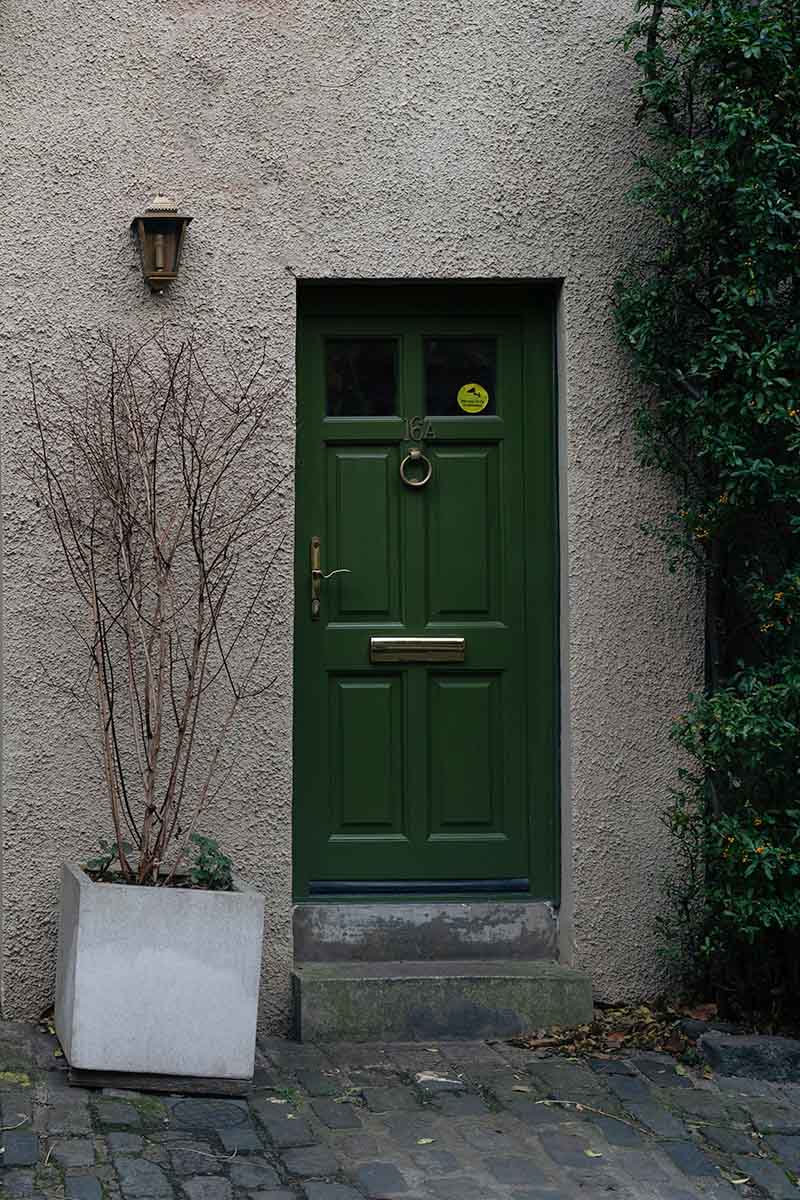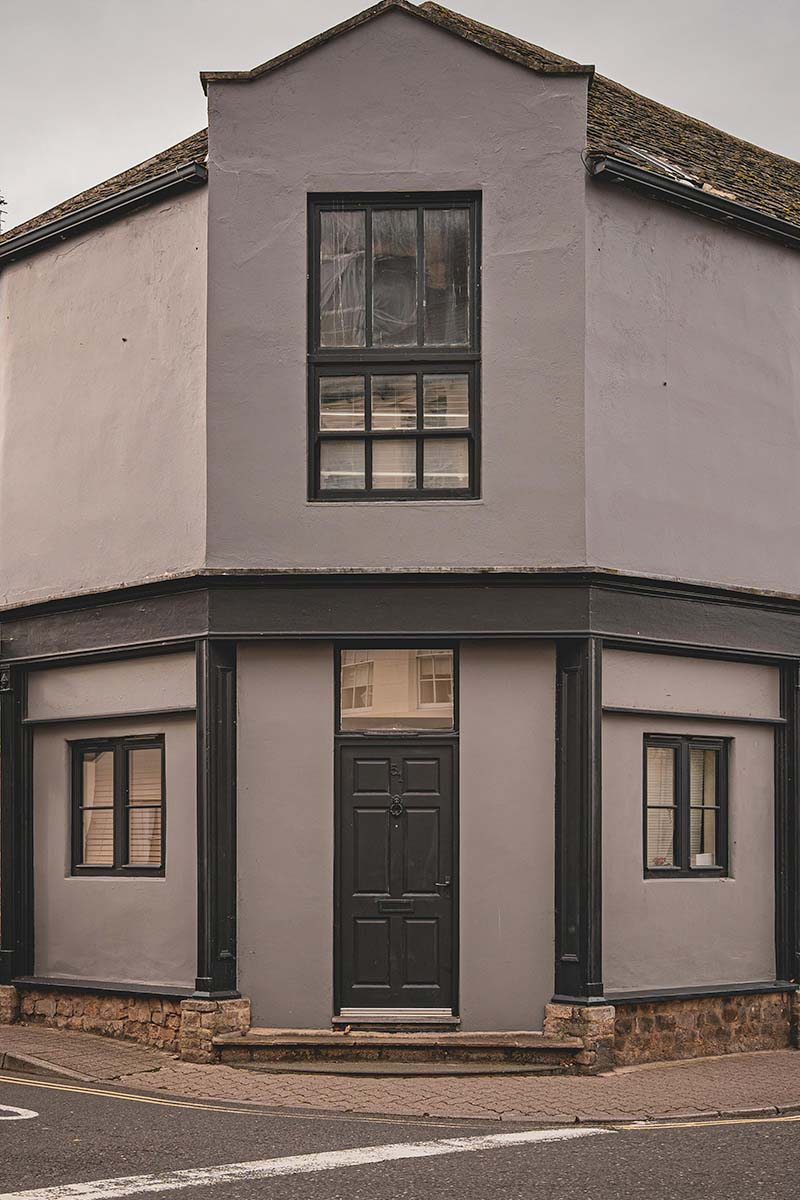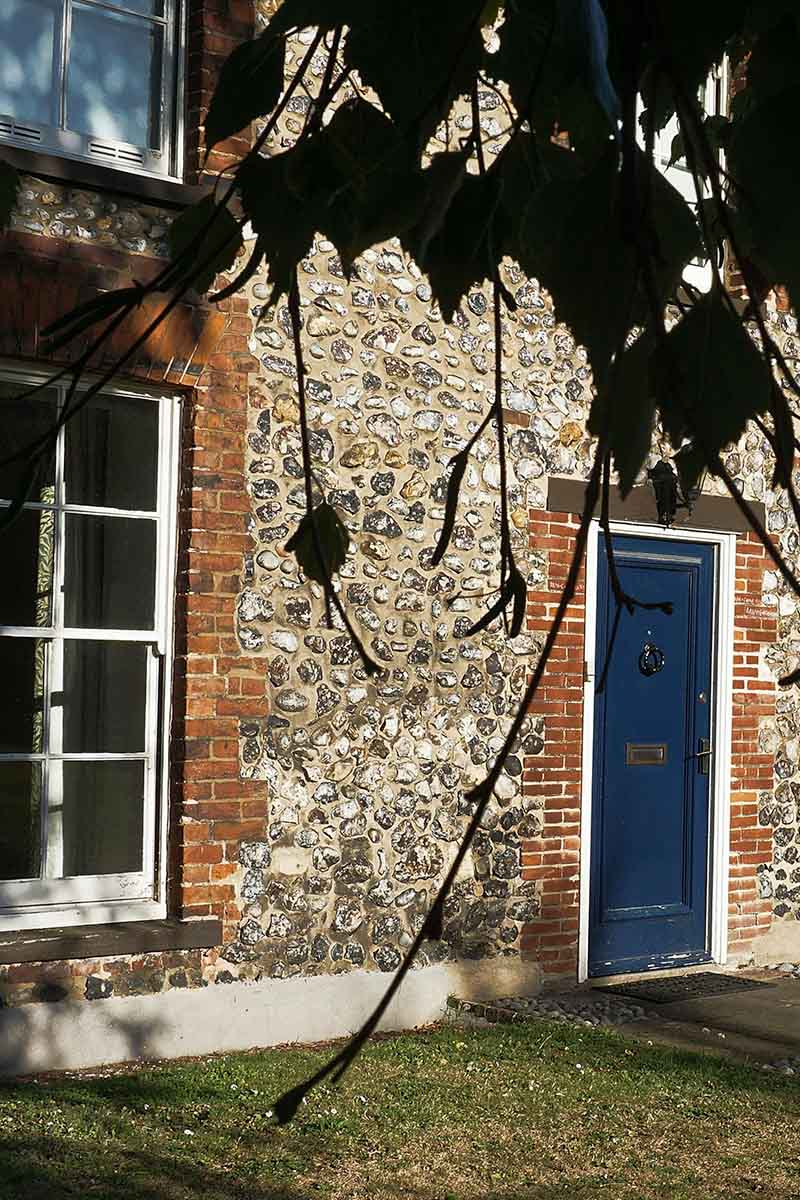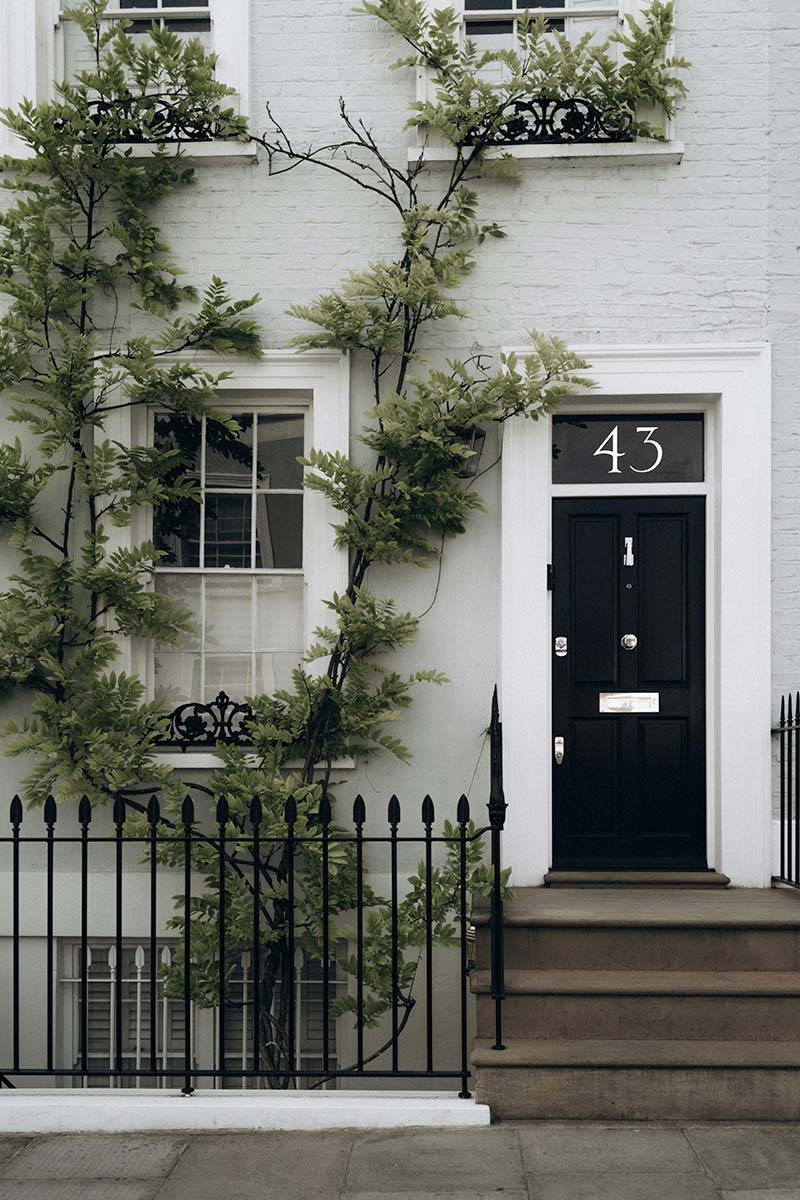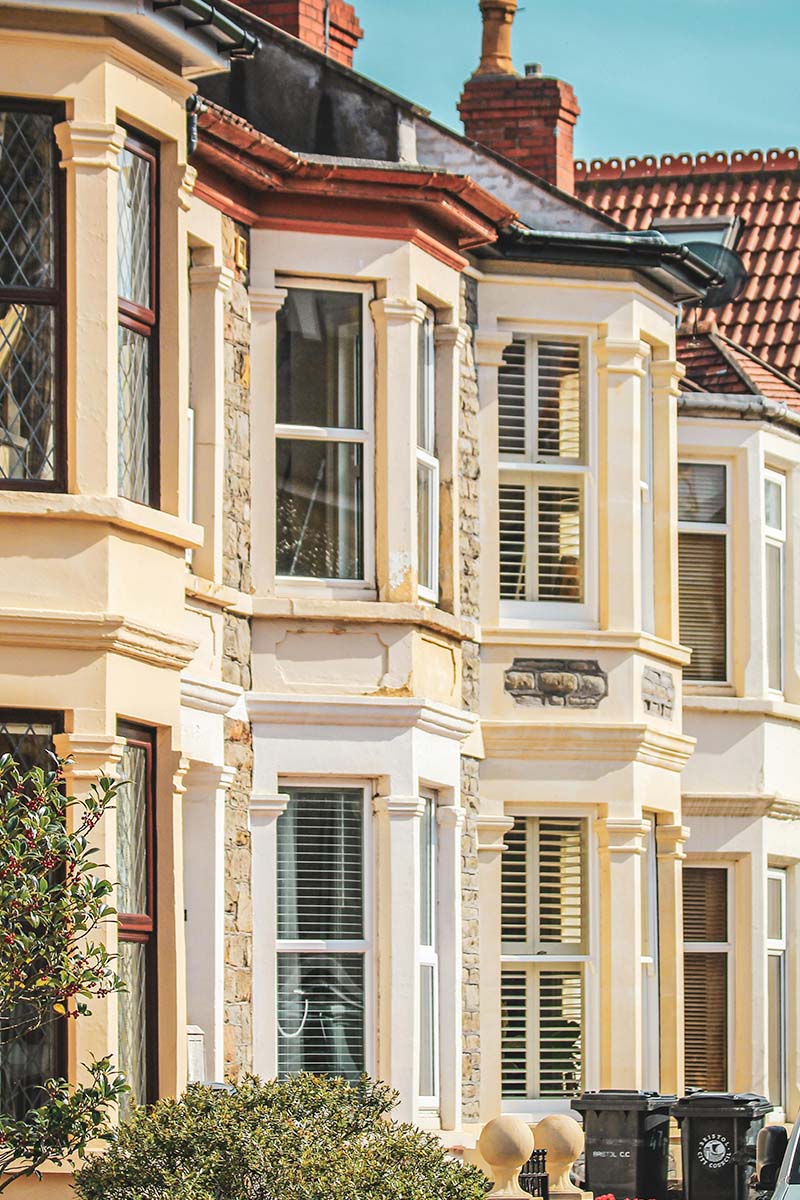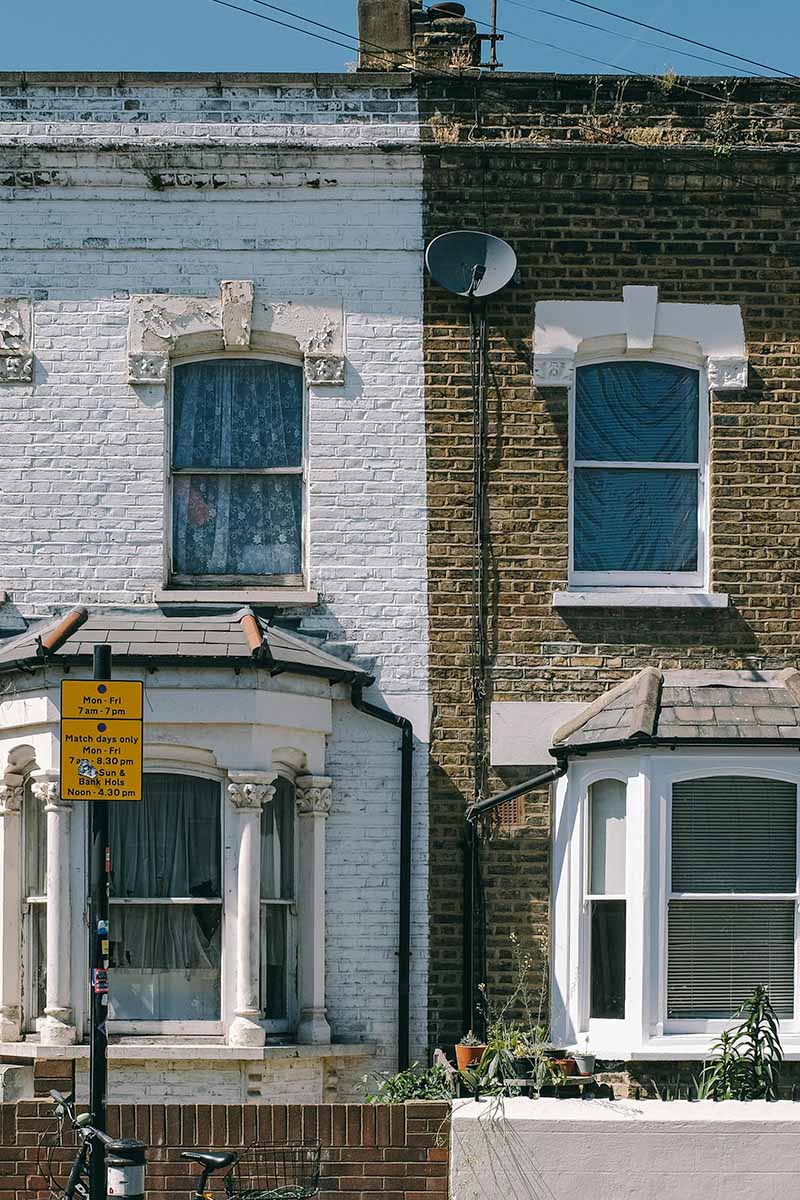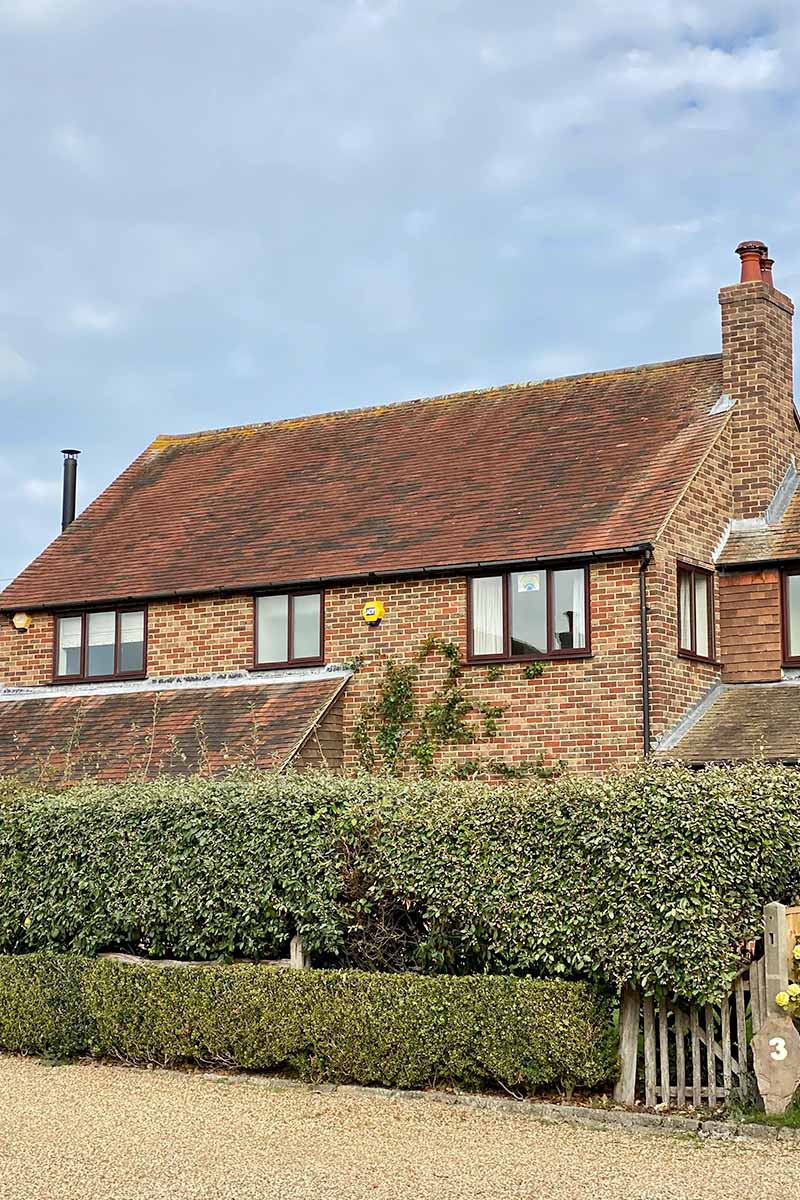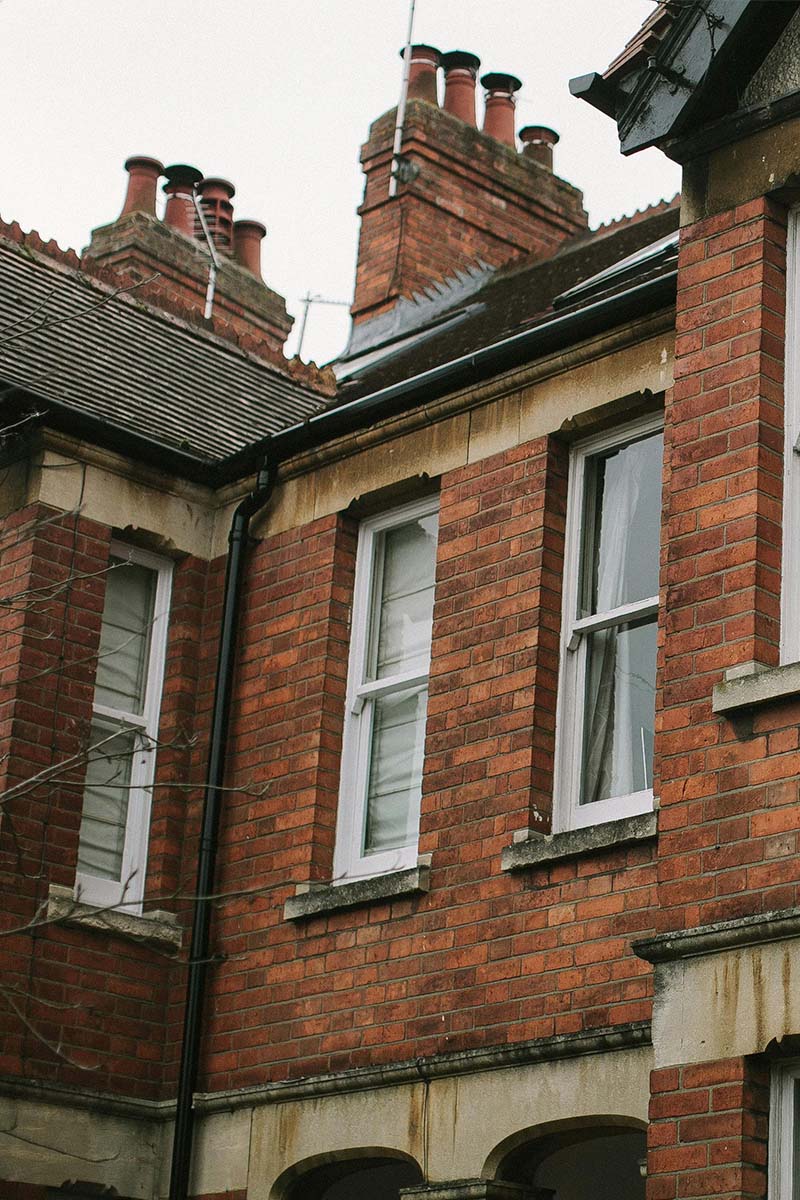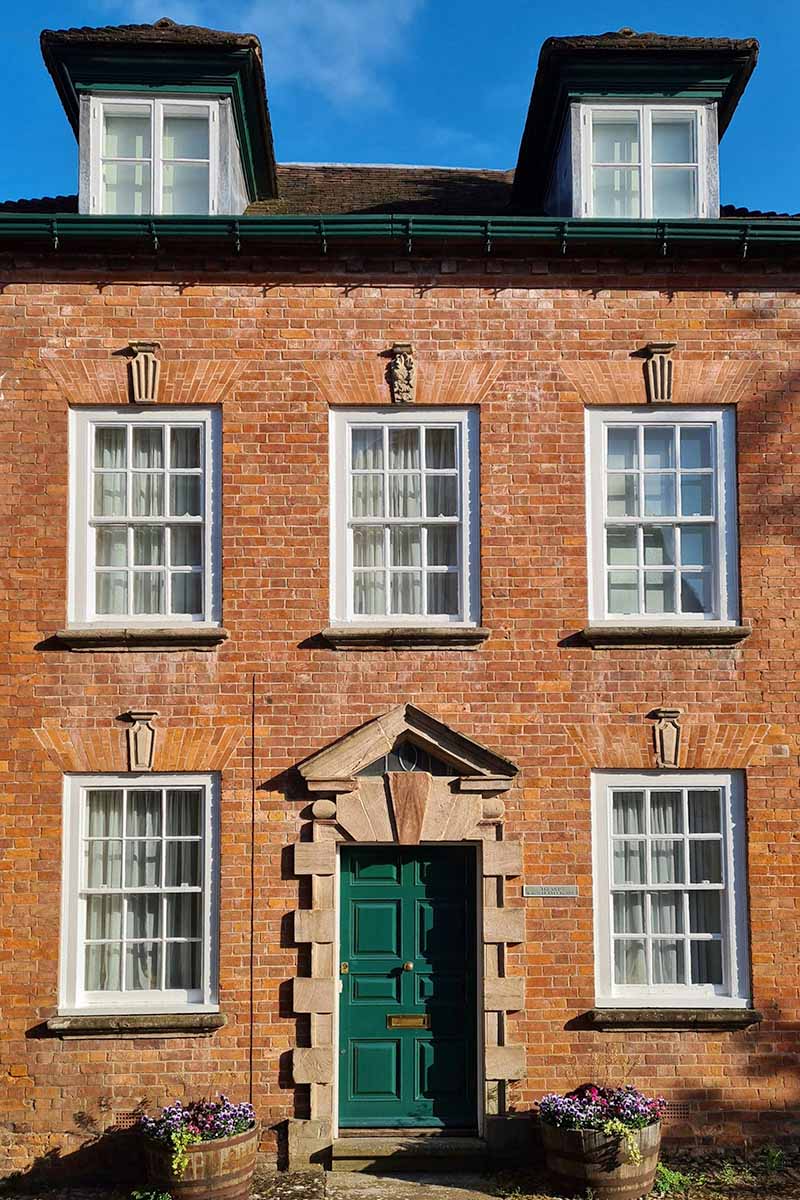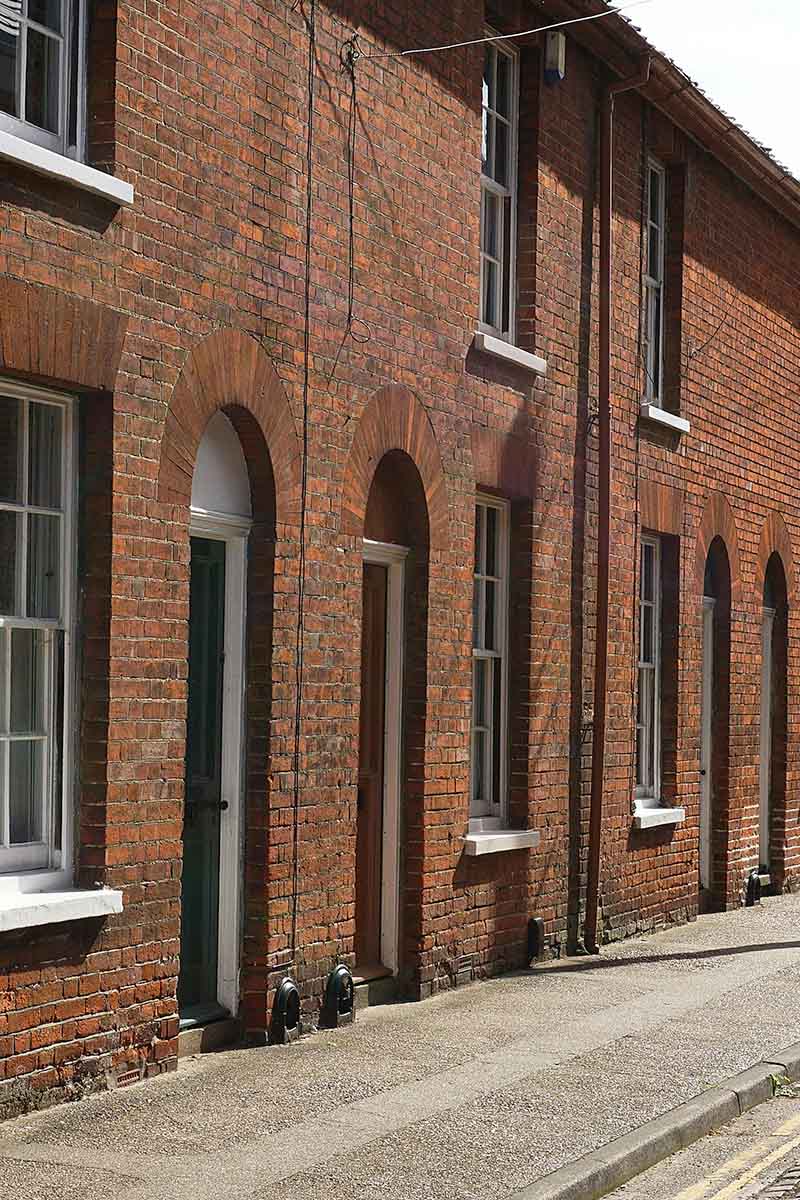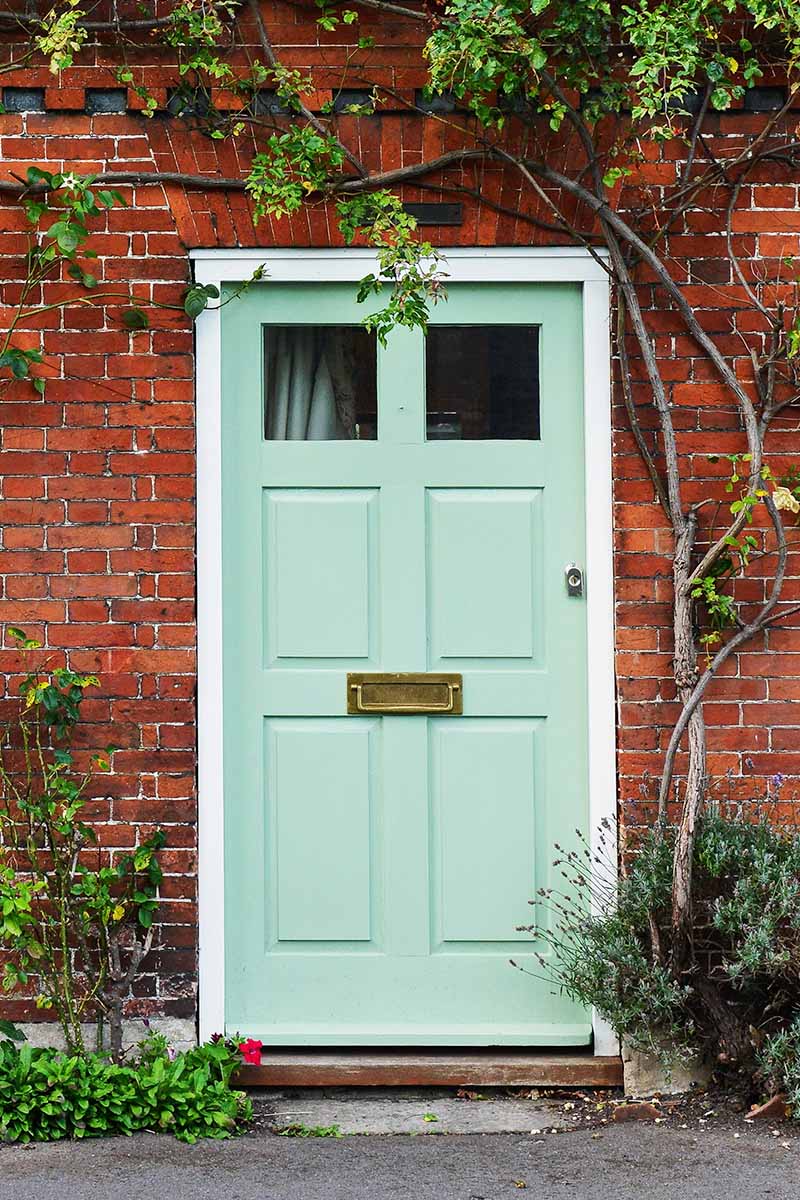Do you pay capital gains tax when selling a house in a divorce?
Divorce and separation often raise difficult questions about what happens to the family home. Alongside emotional and practical concerns, there may also be tax implications. One of the most common questions is whether you have to pay Capital Gains Tax (CGT) when selling or transferring a house during or after a divorce.
The answer depends on your marital status, how the property has been used, and when the transfer or sale takes place. This guide explains the rules in detail, including scenarios for married couples, civil partners, and unmarried couples, with real-life examples to show how the rules apply.
- Transfers of property between spouses or civil partners are usually tax-free, but this changes once you are separated.
- If the property has always been your main home, Private Residence Relief (PRR) may protect you from CGT.
- Timing is critical: transfers must normally take place in the same tax year as separation to avoid CGT, unless court orders apply.
- If you move out before selling, you may still get relief under the 9-month rule, but gains after that can be taxable.
- CGT does not usually apply to the family home if sold immediately as part of divorce, but can apply to second homes or rental properties.
- Unmarried couples do not benefit from the same exemptions and may face higher tax exposure.

What is Capital Gains Tax and how does it apply to divorce?
Capital Gains Tax is charged when you sell or transfer an asset that has risen in value since you acquired it. For property, it is based on the increase in value between the purchase price and the sale or transfer value, minus allowances and reliefs.
In divorce, the key questions are:
- Is the property your main home?
- When is the transfer or sale taking place?
- Are you still married/civil partners, or legally separated?
The UK tax system treats couples differently depending on whether they are still legally married and living together. According to GOV.UK’s guidance on divorce and separation and Capital Gains Tax, transfers between spouses are exempt during marriage but restricted once separation is formalised.
Transfers between spouses and civil partners
While married or in a civil partnership and living together, property transfers are “no gain, no loss” for CGT. This means no tax is payable at the time, and the receiving spouse takes on the original base cost.
After separation, the rules change:
- Transfers in the same tax year as separation remain exempt.
- Since April 2023, couples now have up to three years after separation to make transfers without CGT, or longer if part of a formal divorce agreement.
- Transfers after this period may trigger CGT if the property has gained in value.
Example:
A couple separates in June 2025. They have until April 2028 to transfer the family home between them without CGT.
If one spouse keeps the home under a court order, no CGT applies at the transfer. If the home is sold later, PRR may still apply depending on whether it remained a main residence.
Selling the family home
When the family home is sold, CGT may or may not apply depending on its use:
- If the home has always been your main residence, PRR usually covers the full gain.
- If you moved out, PRR covers the period you lived there plus the final 9 months.
- If part of the home was rented out, or it was not always your main residence, only partial relief may be available.
For more detail, see Private Residence Relief guidance on GOV.UK.
What if only one spouse owns the property?
Ownership also affects CGT:
- Married couples – Even if only one spouse is named on the title, the home is usually treated as a matrimonial asset. On divorce, the court may transfer ownership without CGT if within the relief periods.
- Unmarried couples – If the home is in one partner’s sole name, the other has no automatic rights. A transfer may trigger CGT for the owner if the property has risen in value and is not fully covered by PRR.
For further reading, see our guide: Will I have to sell my house if I get divorced?
Unmarried couples and long-term partners
Unmarried partners do not benefit from the spousal exemption. This means:
- If you transfer a share of the home to your ex-partner, it may be treated as a disposal for CGT.
- PRR may protect you if it was your main home, but the timing of moving out still matters.
- Unlike divorcing couples, there is no extended three-year relief for transfers.
This makes tax planning more important for cohabiting couples who split up. A declaration of trust (see our guide: Do joint owners both need to sign to sell their property?) can help clarify ownership shares.
Moving out before selling: the 9-month rule
A common follow-up question is: what happens if I moved out years before the house was sold?
Under current rules:
- You automatically get PRR for the period you lived in the home.
- You also get relief for the final 9 months of ownership, even if you no longer lived there.
- If your ex continues living there, you may claim further relief if the sale happens under a court order.
Case example:
- Jane moves out in 2020, leaving her ex in the home. The property is sold in 2025.
- She gets PRR up to 2020, plus the final 9 months before sale.
- The remaining 4 years are exposed to CGT unless covered by court-ordered relief.
CGT on second homes and buy-to-let property
Divorce often involves more than just the family home. Second homes, holiday lets, or buy-to-let properties are not usually exempt.
- PRR generally does not apply unless you nominated the property as your main residence.
- Gains are taxable, though you can deduct purchase costs, legal fees, and improvement expenses.
- From April 2024, residential property gains are charged at 18% (basic rate) or 24% (higher rate).
For current rates, check GOV.UK’s CGT rates and allowances.
Save time and hassle by selling your home with us
Get a guaranteed cash offer on any property in England and Wales. All you need to do to get started is enter your address below.
Practical scenarios and outcomes
Real-life example scenarios
Scenario 1 – Divorced mother of three
Sarah, a mother of three, stayed in the marital home with the children after divorce. Her ex-husband moved out in 2018. When the property was sold in 2025, she was protected from CGT under PRR because it remained her main residence. Her ex, however, faced CGT on his share because he moved out seven years earlier and had no court order protecting his relief.
Scenario 2 – Long-term cohabiting couple
John and Lisa lived together for 15 years but never married. Their house was in John’s name only. When they separated and Lisa received a share under a settlement, the transfer triggered CGT for John because he could not claim spousal exemption.
Scenario 3 – Second home split in divorce
A married couple owned both a family home and a holiday cottage. The family home was exempt under PRR when sold, but the holiday cottage sale generated a £60,000 gain. They had to split the CGT liability.
How to minimise CGT during divorce
- Use timing to your advantage: Aim to transfer property within three years of separation.
- Rely on PRR: Keep the home as your main residence until sale if possible.
- Negotiate through court orders: Orders under the Matrimonial Causes Act can preserve reliefs.
- Keep records: Purchase documents, improvement receipts, and valuations reduce taxable gains.
- Seek advice early: Professional guidance can ensure reliefs are not missed.
Recap: Do you pay capital gains tax when selling a house in a divorce?
Whether CGT is due depends on your situation:
- Spouses and civil partners have generous reliefs if they transfer property within three years of separation or under a divorce court order.
- PRR can eliminate CGT if the home was your main residence, but moving out too soon risks exposure.
- Unmarried couples face fewer protections and should be especially careful.
- Second homes and rental properties are usually taxable, regardless of divorce.
If you are separating and worried about CGT, reviewing your options early is crucial. For further detail, see GOV.UK’s Private Residence Relief guidance or Capital Gains Tax overview.
Sell your house quickly with Habello
If you’re going through a divorce and want to avoid the stress of estate agents, viewings, or long chains, Habello offers a faster way to sell.
- Receive a fair market valuation.
- Get an initial offer by phone.
- A final guaranteed cash offer is made within 48–72 hours.
- Flexible sale timeline to suit your schedule.
- No legal fees when you use our partner solicitor.
You can focus on moving forward, while we handle the sale process from start to finish. Request your no-obligation offer today.
Property owners are choosing Habello for a faster, easier and less stressful way to sell
Sell your home quickly for cash by accepting an offer just below market value. See how we compare to your other options by using the calculator below.
Related guides
Bring yourself up to speed with our property guides.





